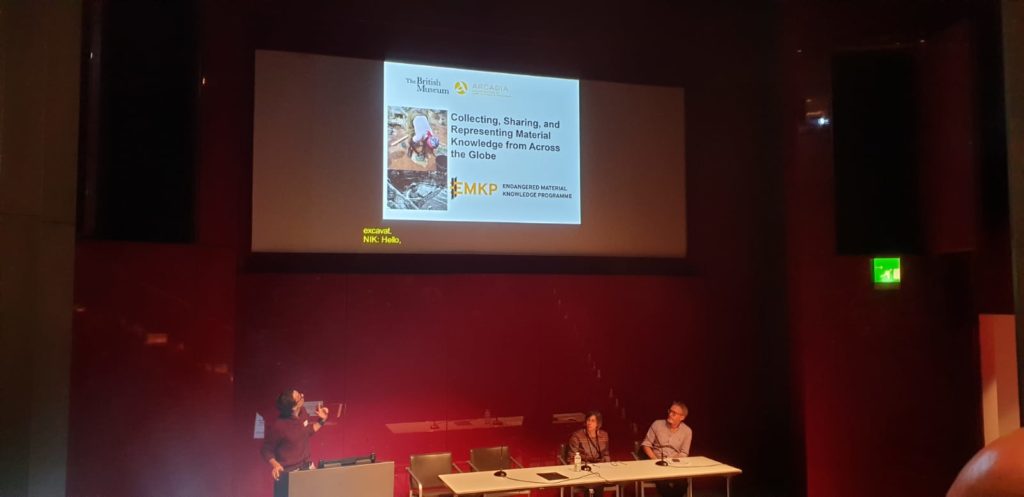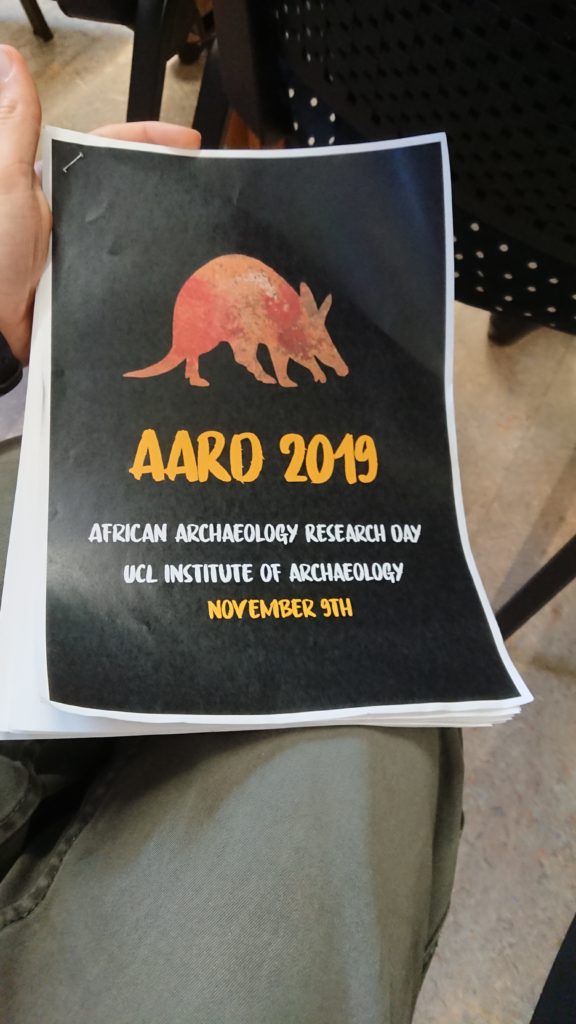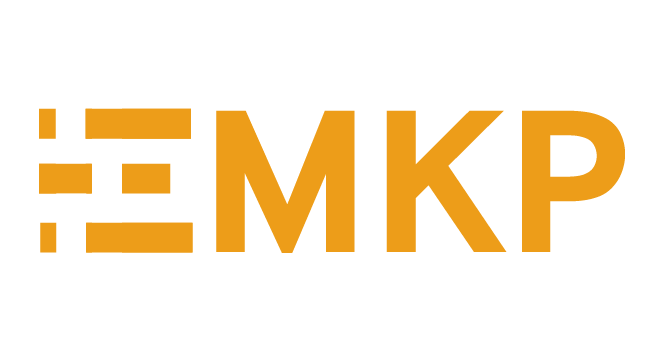During November EMKP was active in participating in the National Programmes conference and the African Archaeology Research Day. Both conferences are big events for the museum and African archaeology sector, respectively. EMKP had a chance to present its ongoing work and how it is approaching our global heritage and what it can do for us.
Exploring equality and diversity in museum practice across the UK
The National Programmes conference explored the diversity of people, views and histories in UK museums and galleries and how we can become even more inclusive. The conference featured an inspiring panel by the National Trust on their project Everyone Welcome and the challenges faced in increasing their relevance to a more diverse audience. We heard talks on the disappearing memories and histories of the civil rights movement in the UK and how to represent LGBTQ+ experiences. Particularly enjoyable were also the experiences gained in the safe space run by Museum Detox and the various workshops and guided tours.
At the conference, Nik Petek-Sargeant presented on EMKP and our attempt to make the repository and records accessible to everyone. This is especially the case for the communities our researchers are working with. Key for us is trying to capture the context in which practices take place. Using the example of broom and rope making in Nigeria, Nik discussed the importance of recording the different rituals where the broom played an essential role. The broom was also used to protect the home. By applying a spell on it burglars would be forced to sweep until the residents came back. By recording these instances, the records become more representative of the communities and how they see the world.

Nik Petek-Sargeant giving a talk titled “Collecting, Sharing, and Representing Material Knowledge from Across the Globe”
African Archaeology Research Day 2019
African Archaeology Research Day is an important event for archaeologists, ethnographers, anthropologists and others based in the UK but undertaking research in Africa. This year the day included a special session on ‘Critical Perspectives on Heritage in Africa’. Nik Petek-Sargeant participated in this session. His talk was titled ‘Sharing knowledge or exporting heritage: Critical approaches to documenting endangered practices for mass-availability’. It focused on the practical challenges of recording endangered material knowledge for open access. Using Sam Lunn-Rockliffe’s project on beekeeping in Kenya as a case study, Nik discussed how protecting the identity of participants is paramount in the protected forest. A different issue faced by Sam Derbyshire and his project on initiation ceremonies among the Turkana in Kenya is maintaining community relationships. Sam Derbyshire will be digitally repatriating images and objects from UK museums. He will also use them to elicit historical information and add it to museum records. However, access also needs to be provided to the Turkana, otherwise the research becomes extractive again.
The Head of EMKP, Ceri Ashley, in her talk explored issues of endangerment, museum collecting and processes of making. Using the records and photographs made by H. J. Braunholtz, the British Museum’s first keeper of Ethnography, she discussed how present views on endangerment are not new. Braunholtz’s record shows the deep roots of salvage ethnography even among Europeans and an interest in recording, what were then considered, disappearing practices. He was particularly interested in the processes of making, which allowed Ceri to draw comparisons between then and now.

AARD programme for 2019
